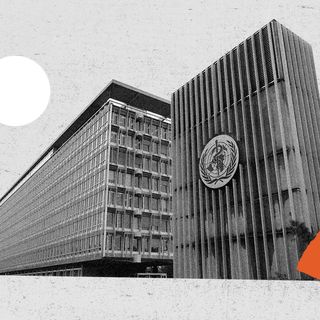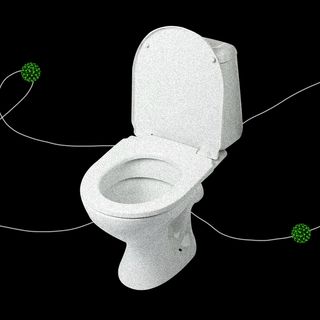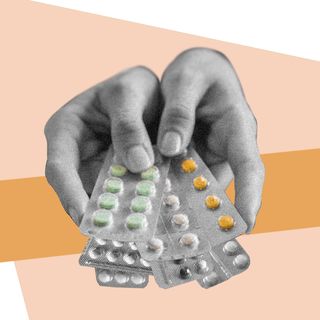It’s the first thing most of us do upon waking up — stretch and yawn. This movement has a name: pandiculating.
A pandiculation is defined as the constriction of muscles, releasing them, which is followed by a stretch. Animals, especially cats and dogs, do it effortlessly and about 40 times a day. And in humans, the action starts during the gestation period, which probably explains why this behavior is so innate.
One of the most common reasons behind the phenomenon is that when we sleep, the muscles lose tone, and fluid tends to accumulate along the back. Therefore, stretching helps to massage the fluid gently back into a normal position, realigning the muscles, writes Luis Villazon for Science Focus.
In addition, both stretching and yawning are known to be stress relievers and hence, pandiculation can also be seen as a way to decrease stress before the day, explains Nicholas Licameli, a physical therapist. This full-body stretch activates the parasympathetic nervous system that is responsible for the body’s ability to rest, digest and recover, and increases the blood flow helping the body restore conscious, voluntary control over the muscles.
Related on The Swaddle:
How Much Sleep Do You Really Need?
Preventing the buildup of tension in our muscles through stretching is important to be able to maintain a healthy posture and movement. Without it, the muscles shorten and become tight. According to a 2011 paper by researcher Luiz Fernando Bertolucci, published in the Journal Of Bodywork And Movement Therapies, pandiculating is a necessary function because it prevents chronic and local pain, as it loosens and dissolves constrictions in the muscles.
“Too many times, we neglect the parasympathetic nervous system and therefore, physical and mental rest and recovery. We wake up, jump out of bed, rush to the shower, frantically get dressed, and grab a cup of coffee as we run out the door. Add in a stressful commute, sandwiching a hectic workday, and we can see how it is so easy to neglect rest and recovery,” Licamelli added.




